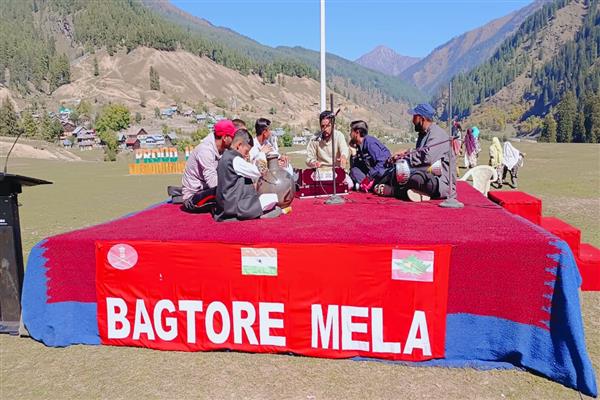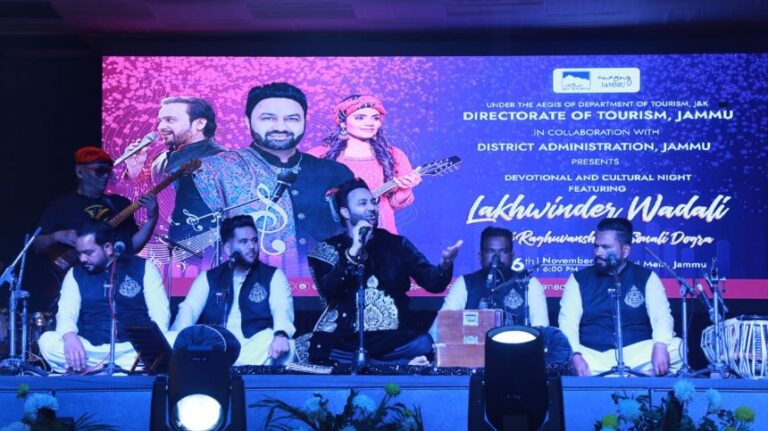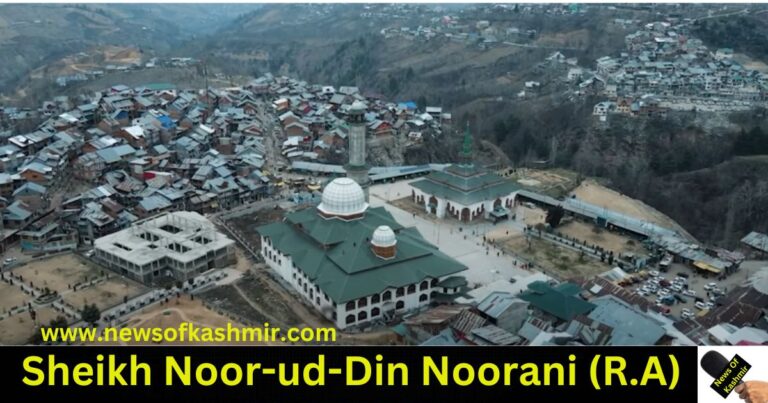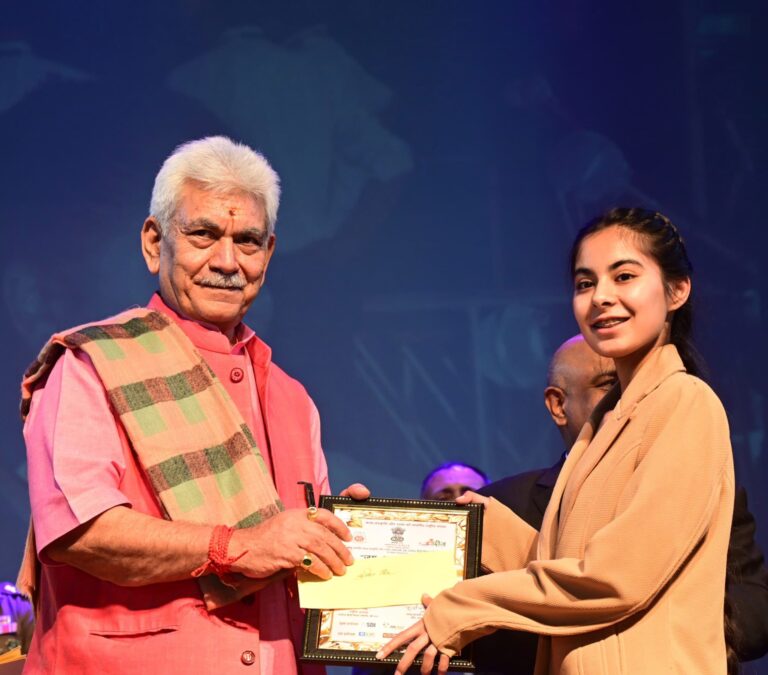Kashmiri Culture : Language,Spirituality,Art,Cuisine,Traditions and Architectures

Culture refers to the shared beliefs, values, customs, traditions, behaviors, and practices that characterize a group or society. It encompasses the collective way of life of a particular group of people, providing a framework for how they interact, communicate, and understand the world around them. Culture can manifest in various forms, including language, religion, art, music, cuisine, clothing, rituals, and social norms.
Key aspects of culture include:
- Language: Language is a fundamental component of culture. It shapes communication and reflects the unique expressions and idioms of a group.
- Religion and Spirituality: Religious beliefs and practices often play a significant role in culture, influencing moral values and rituals.
- Art and Creativity: Art, music, literature, and other forms of creative expression are integral to cultural identity. They reflect the values and aesthetics of a society.
- Cuisine: Traditional foods and cooking methods are essential elements of culture. They provide insights into local ingredients, flavors, and eating habits.
- Traditions and Rituals: Cultural traditions and rituals, such as ceremonies, festivals, and rites of passage, are a way to celebrate and pass down cultural heritage.
- Social Norms: Social norms dictate acceptable behavior within a society. They include customs related to family, relationships, and social interactions.
- Dress and Attire: Clothing and attire often reflect cultural values, climate, and historical influences.
- Values and Beliefs: Cultural values shape the principles by which a society operates. They influence individual and collective decision-making.
- History and Heritage: A society’s history and heritage play a crucial role in shaping its culture, as past events and experiences inform present practices and identity.
- Architecture and Design: Architectural styles and design preferences can vary significantly from one culture to another.
Culture is not static; it evolves over time in response to social, political, economic, and technological changes. Additionally, cultures can blend and adapt as societies become more interconnected in the modern world. Understanding and respecting different cultures is essential for promoting tolerance, diversity, and effective communication in a globalized society.
Through the sands of time, cultures have been carefully nurtured and passed from one generation to the next, forming an unbreakable thread that weaves people together. This robust tapestry of culture not only forges connections among individuals but also fosters the development of vibrant and harmonious communities that share common cultural backgrounds. Culture, as a concept, has been expounded by scholars in myriad ways, encompassing a particular set of customs, ideas, and social norms inherent to a group of kindred individuals within a society. It embodies the collective mosaic of human existence, encapsulating behaviors, knowledge, language, art, traditions, attire, ethics, beliefs, sentiments; essentially, it comprises all that is acquired as essential by the denizens of a society. Culture is the repository of learned, normative patterns of behavior—a compendium of shared thought processes, emotions, and actions.
The significance of culture in our lives cannot be overstated, for it molds our identity and provides invaluable insights into our ancestral ethos. Our culture is the compass that guides us, endowing life with profound meaning and making each one of us unique amidst the diversity of the world.
Our beloved Kashmir, a pristine jewel on the Earth’s canvas, boasts not only of its natural beauty but also a rich cultural heritage that is an invaluable resource. The people of Kashmir, renowned for their warmth and amiability, have created a culture that is expansive and beguiling, leaving an indelible impression on all who venture into its embrace. Indeed, it is these deeply rooted cultural traditions that have etched an identity for Kashmir in the annals of history.
However, the winds of change blow forcefully across the globe, precipitating an open battle against cultures. In the name of modernization and westernization, societies find themselves on the precipice of relinquishing their cherished cultural moorings. Kashmir is no exception to this global trend. The allure of modernity has cast a shadow over the timeless traditions, prompting a contemplative examination of the delicate equilibrium between preserving cultural heritage and embracing progress.





